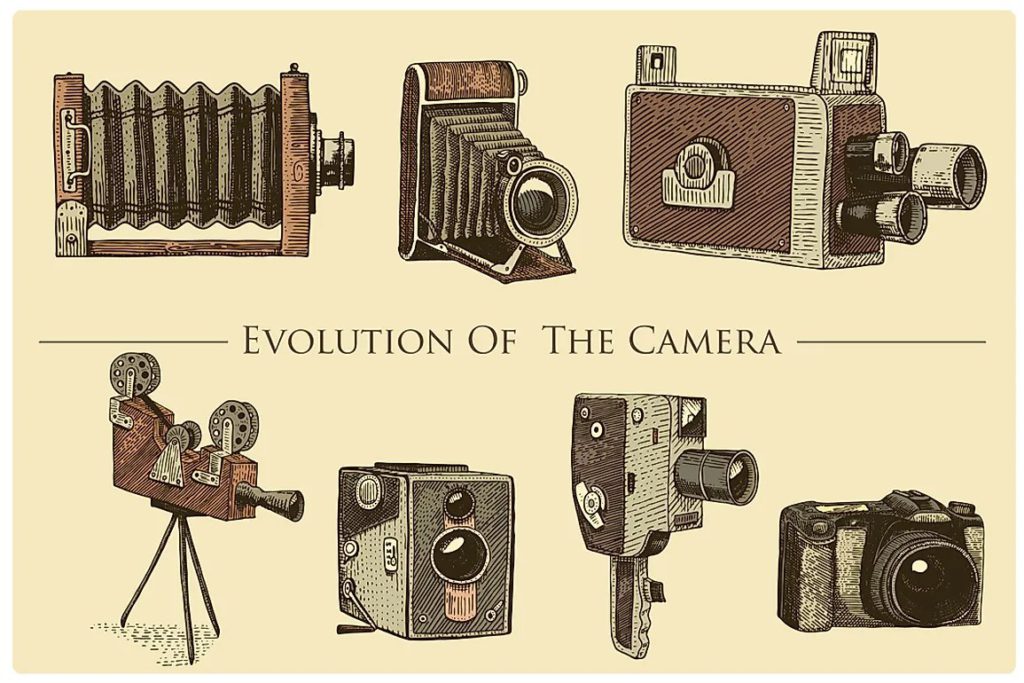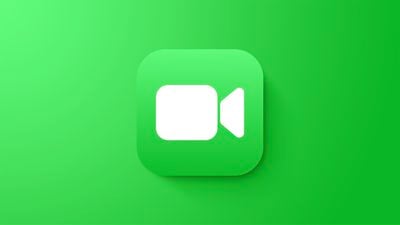Cameras are something that have become so normal in our everyday lives that it has become difficult to imagine how amazing of a creation they were from the start. Before they were embedded in our phones to take "selfies", cameras took up the space of a room for one singular shot that didn't even last.
While many argue the origin of the first camera, the credit for the first modern day camera is widely given to a French innovator Nicephore Niepce in the year 1816. According to an article by the Nashville Film Institute, This was the year that the first ever photograph was taken. However, this photograph was taken on silver chloride-lined paper and did not last long before disappearing. It wasn't until 1826 that Niepce created his first long lasting photograph that still exists in an exhibit at University of Texas at Austin.
 |
| Image Source: World Atlas |
The creation of the camera changed our world in so many ways. Not only did it allow for the immortalization of a memory or the art of photography but it also paved the way for film. It allowed for storytelling in multiple forms that have been appreciated for nearly two centuries now. Many more modern inventions like smartphones, social media, and streaming services wouldn't be possible without the invention of the camera and it's advances since. The Camera has paved the way for a new type of communication between friends, family, and even colleagues known as video call. Often referred to as "FaceTime", "Skype", or "TeleMed", video call has allowed for people to converse face to face without having to actually be near each other. This allows for a more natural communication method than a phone call or texting.
 |
| Image Source: MacRumors |
No comments:
Post a Comment